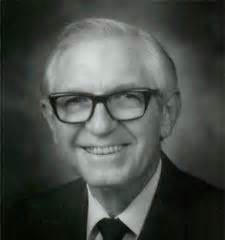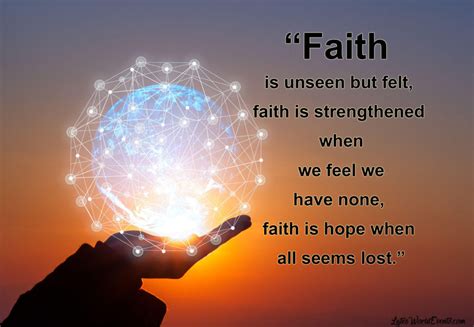A Quote by Sanjay Leela Bhansali
I can't begin to describe how humiliating it is for a law-abiding citizen to be cross-examined in a court of law for a crime he hasn't committed.
Related Quotes
But how is this legal plunder to be identified? Quite simply. See if the law takes from some persons what belongs to them and gives it to other persons to whom it does not belong. See if the law benefits one citizen at the expense of another by doing what the citizen himself cannot do without committing a crime.
One of the things about being a law student is that the academic discipline of law is very often removed from the practical reality of law. How to complain, who to complain to, and whether or not you even need to invoke the law is very different in the real world from how it's examined in the lecture theatre.
All you have to do, is to see whether the law takes from some what belongs to them in order to give it to others to whom it does not belong. We must see whether the law performs, for the profit of one citizen and to the detriment of others, an act which that citizen could not perform himself without being guilty of a crime. Repeal such a law without delay. ... [I]f you don't take care, what begins by being an exception tends to become general, to multiply itself, and to develop into a veritable system.




































